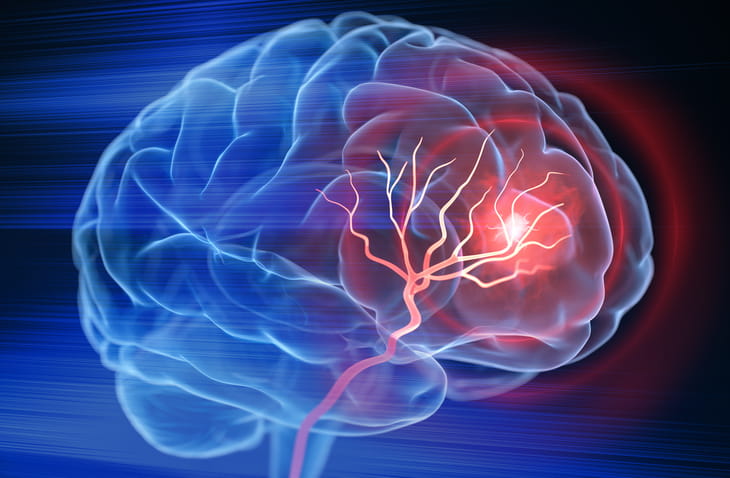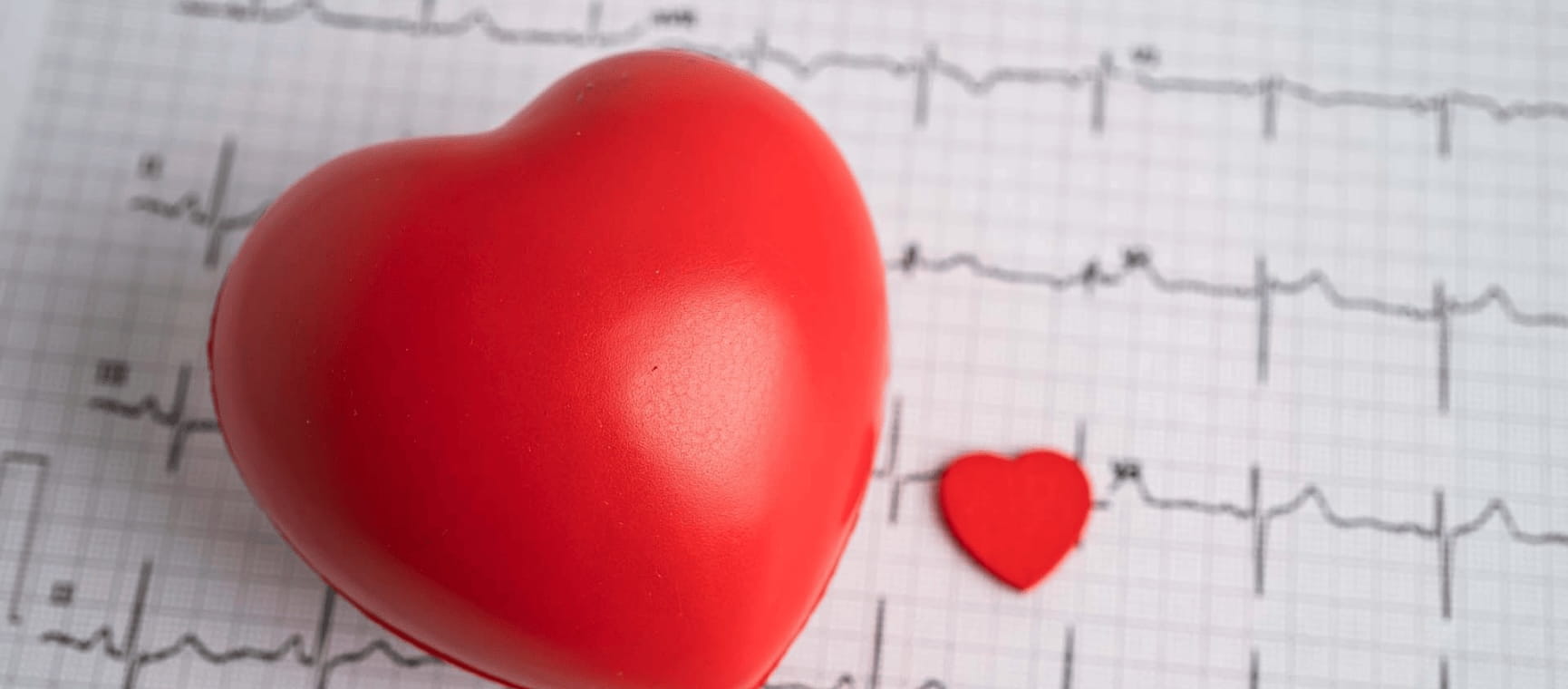We all forget the odd name or lose our train of thought now and then, but if memory lapses and brain fog are becoming a daily nuisance, don’t just chalk it up to ageing. There could be something else going on and it might be as simple as a missing vitamin.
“Symptoms of vitamin B12 deficiency can be quite vague, often presenting as tiredness, memory problems, mood changes, pins and needles, blurred vision, balance or coordination issues, anaemia or a sore, red tongue,” says Dr Sonia Tsukagoshi, GP and The Midlife Health Coach.
In fact, she explains, vitamin B12 levels are routinely checked as part of a ‘dementia screen’ – a group of tests designed to spot reversible causes of confusion or cognitive decline.
“Because B12 deficiency can present so vaguely, it can easily mimic other conditions such as underactive thyroid, multiple sclerosis, depression, functional neurological disorders, or even other nutritional deficiencies like copper, folate, or iron,” she adds.
“That’s why it’s important to consider B12 levels in anyone with unexplained fatigue, cognitive changes or neurological symptoms.”
We tend to think of vitamins as helpful extras – the cherry on top of a healthy lifestyle – but vitamin B12 is anything but optional. It’s essential for keeping your brain sharp, your energy levels stable and your nervous system functioning as it should.
“Vitamin B12, also known as cobalamin, is a water-soluble vitamin that plays a vital role in our health,” explains Dr Tsukagoshi. “It supports everything from DNA synthesis and red blood cell production to nerve function, brain health, and energy metabolism.”
That’s a lot of responsibility for one little nutrient, which is why things can start to unravel when levels drop. “Without enough B12, we’re at risk of fatigue, cognitive problems, and even permanent nerve damage,” Dr Tsukagoshi warns.
And because B12 deficiency develops gradually, its effects, such as feeling a bit more tired than usual, a bit foggier or even a bit less steady on your feet, can sneak up on you.

B12 deficiency isn’t just something that happens when you skip your greens. In fact, it’s far more common than many people realise – and it’s on the rise, especially among older adults.
“Vitamin B12 deficiency affects around 5% of people aged 65 to 74, and over 10% of those aged 75 and above,” says Dr Tsukagoshi.
And while diet plays a role, particularly for vegans and those with poor nutrition, it’s often your body’s ability to absorb B12 that’s the real issue.
“It’s not just about what you eat – it’s about how well your body can process and use it,” says registered dietitian Raquel Britzke.
Absorbing B12 is surprisingly complex. It depends on having enough stomach acid to release the vitamin from food, and a protein called intrinsic factor to carry it to the small intestine. Both of these can be compromised by age or illness and that’s where things start to break down.

If you’re low on vitamin B12, can you just stock up on steaks and call it a day? Not quite, though food can play an important role.
“B12 is found almost exclusively in animal-based foods,” explains nutritional therapist Sandra Cohen. “Shellfish, liver, oily fish, like salmon and trout, red meat, eggs and dairy are all great sources. For those on a plant-based diet, fortified foods like nutritional yeast or non-dairy milks are essential, as plant foods don’t naturally contain B12.”
Britzke recommends including a good source of B12 in every meal. That could be:
But here’s the catch: even the best diet may not be enough if your body can’t absorb B12 properly.
“As we get older, our stomach produces less acid and that acid is vital for releasing B12 from food,” says Britzke. Common medications can also interfere with absorption, as can digestive conditions, which is why some people need more than food.
“If the body is unable to absorb B12, such as in cases of malabsorption or after certain surgeries, injections may be necessary,” says Dr Tsukagoshi.
“For individuals with conditions like pernicious anaemia, where B12 absorption is permanently impaired, lifelong B12 injections are usually required to maintain healthy levels and prevent symptoms from returning.”
You could be eating all the right foods, but if your gut isn’t working properly, your body might still struggle to absorb vitamin B12. And that’s where things get a bit more complicated.
“B12 is absorbed in the ileum – the final part of the small intestine – but a lot has to happen before it gets there,” explains Britzke. “You need enough stomach acid to release B12 from food, and a healthy gut lining to actually absorb it.”
That means any digestive disruption – from medication to inflammation – can interfere.
Gut conditions like Crohn’s disease, coeliac disease, SIBO (small intestinal bacterial overgrowth) or leaky gut can all damage the intestinal lining and make it harder for B12 to be absorbed.
“Some bacteria in the gut can even consume B12 before your body gets the chance,” says Cohen.
Even antibiotics, which disrupt your gut microbiome, or long-term use of acid-suppressing drugs like omeprazole can lower your absorption.
“Supporting gut health with a diverse diet, probiotics and good digestive function is key to maintaining optimal B12 status,” says Cohen.
That includes eating a diverse, nutrient-rich diet, supporting your microbiome with probiotics, as well as avoiding unnecessary or prolonged use of stomach acid blockers when possible.
The best thing about B12 deficiency? It’s one of the most treatable causes of memory loss, fatigue and brain fog – once you know what you’re dealing with.
If you’re feeling more tired than usual, struggling to concentrate, or just not feeling like yourself, it’s worth speaking to your GP. A simple blood test can check your B12 levels, and if they’re low, treatment is usually straightforward.
Depending on the cause, you might be able to boost your levels by:
But the most important thing? Don’t ignore those persistent signs, especially if brain fog or fatigue is getting in the way of daily life.
A small vitamin tweak could make a big difference.
Jayne cut her online journalism teeth 24 years ago in an era when a dialling tone and slow page load were standard. During this time, she’s written about a variety of subjects and is just at home road-testing TVs as she is interviewing TV stars.
A diverse career has seen Jayne launch websites for popular magazines, collaborate with top brands, write regularly for major publications including Woman&Home, Yahoo! and The Daily Telegraph, create a podcast, and also write a tech column for Women’s Own.


Health insurance for people over 50 that provides a quicker route to diagnosis and planned medical treatment in a private facility.
Underwritten by Bupa Insurance Limited.

Health insurance for people over 50 that provides a quicker route to diagnosis and planned medical treatment in a private facility.
Underwritten by Bupa Insurance Limited.


Facial weakness, a sudden headache and dizziness can all be signs of a stroke, we've got the facts from an expert.

Knee pain is more common as we age: to help we've got the best advice from 3 leading experts with easy ways to make a difference.

Do you know the symptoms of a heart attack? Here’s what to look out for, and how to prevent one.

Front, back or side? Which sleeping position is best for you as you get older, and which ones you should avoid



